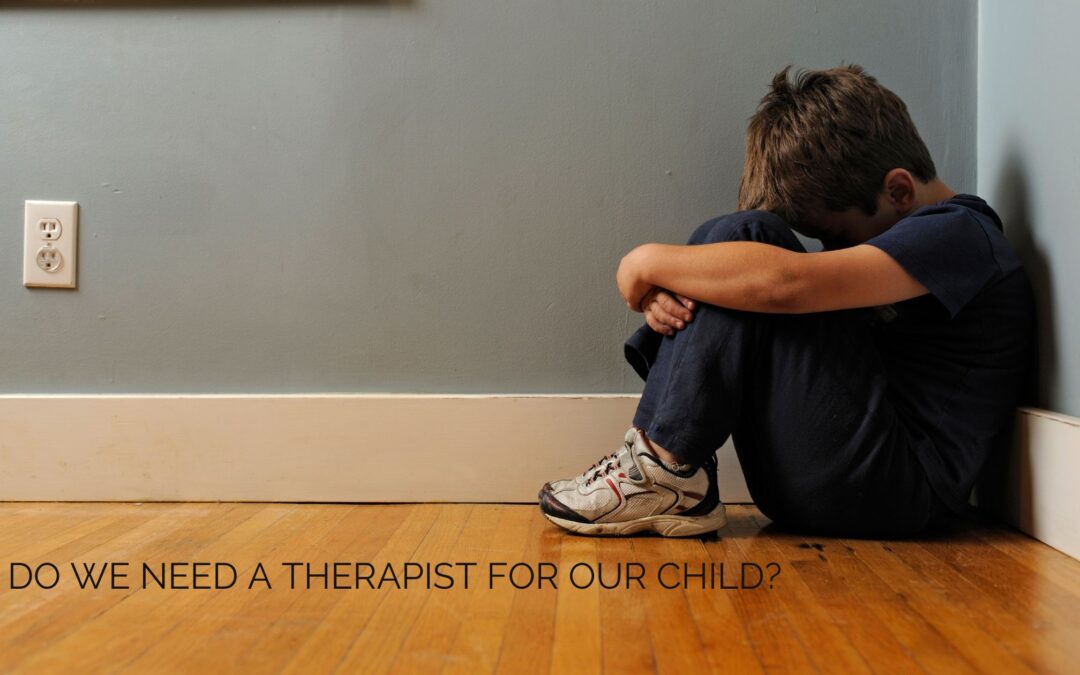Being a parent isn’t always easy. There are times as we parent that we might ask, is this behavior normal? Am I supporting my child in the way they need to be supported? How do I know if they need outside help? One of our Child Team Specialists, Libby Korell, LCSW has worked with children and families for over 20 years. She has the following advice for questions you should ask yourself and common situations in which it may be beneficial to have your child see a therapist.

A. This can vary from child to child, but typically if you see significant behavior changes at home or school, it might be time to discuss the issues with a therapist. Big behavioral shifts can often indicate children are struggling with challenging situations, thoughts, or emotions.
Q. What are some other indications that my child and family might benefit from the support of a child therapist?
A. Often, significant change or transition times can be difficult for children. If your family is experiencing any of the following, it may be a good time to consider a therapist for your child:
- Preparing for an upcoming move
- Settling in after a move
- Beginning at a new school
- The birth of a sibling
- Divorce/separation
- Preparing for a medical intervention or working through a complex medical intervention
- Long-term illness in the family
- Exposure to any trauma
- The death of a family member, close family friend, or someone important to the child
As you can see, most of these qualify as major transitions; others may apply to your family. If you are in doubt about whether or not your child needs the support of a child therapist, I am always happy to troubleshoot with parents and discuss if therapy is needed.

A. This is sometimes referred to as “goodness of fit” and is extraordinarily important for the therapeutic relationship. Children need to feel supported, safe, accepted, seen, and heard in the therapy process. Kids are really good at discerning whether or not an adult is being honest with them. When looking for a therapist for a child, it is important that the child feels like they can trust the therapist and be themselves around them. Though it is tempting to jump at the first person that you, as a caregiver like, I recommend finding someone your child likes as the ultimate source of knowing whether or not you have found a good fit.
Q. When do you most often have parents call for help? What is your approach to child therapy?
A. Often, parents call because the kiddo is struggling with specific behavior. I am not a behavioral therapist; I listen to parents/caregivers and start with their estimate of what the presenting problem is and through play therapy discover what the underlying issue of the outward behavior might be. If you are interested in why I love play therapy, check out this other blog.
If you have other questions you would like to ask a child therapist, consider leaving a comment. Libby will be periodically answering questions for parents and caregivers. Check back to learn more. Or, if you are ready to start working with a child and family therapist, call today to schedule a 30-minute free consultation at 720.675.7123.
Photo credits:
Photo by Caroline Hernandez on Unsplash
Photo by Eye for Ebony on Unsplash




